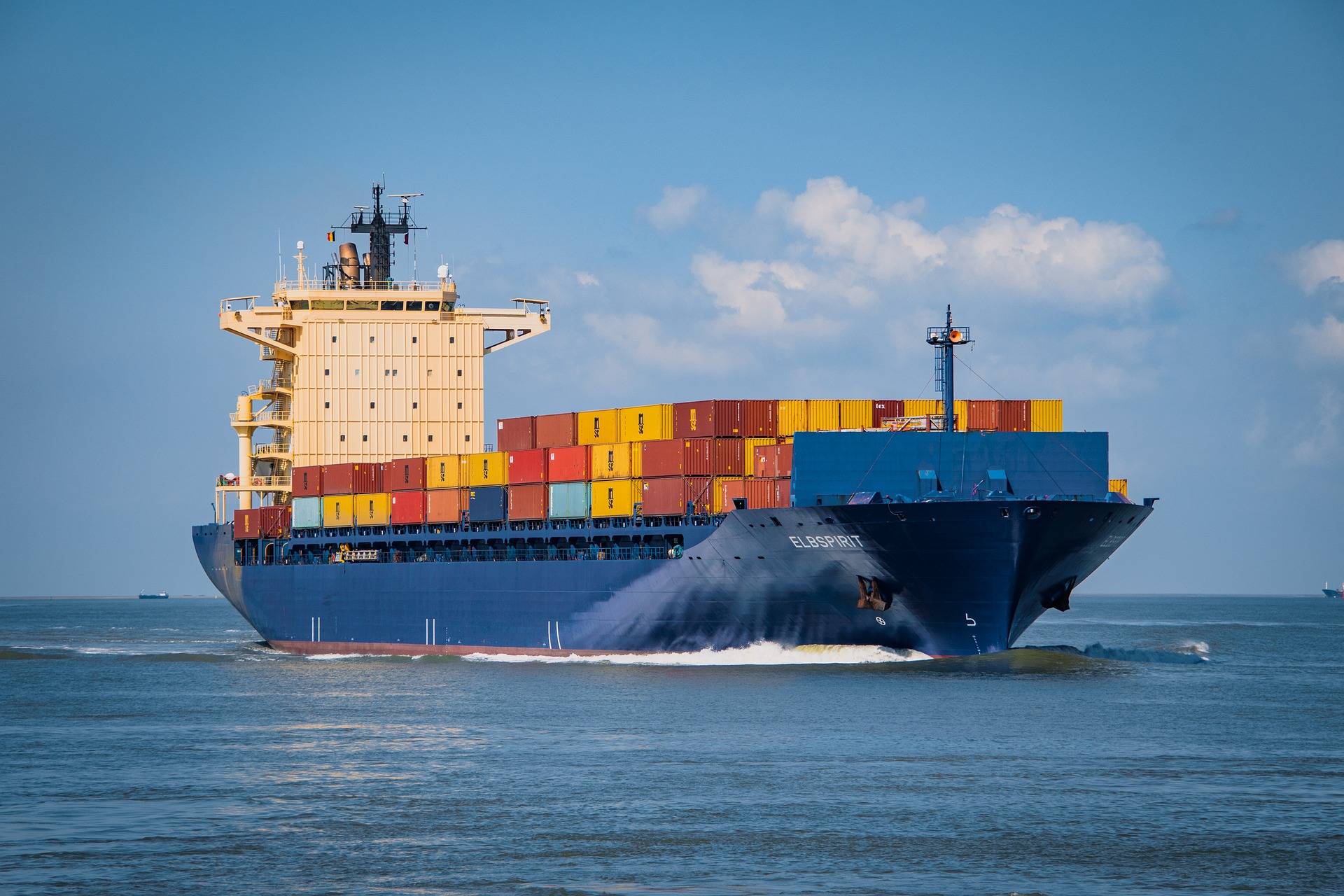Selecting the right bonded warehouse for South Africa freight is crucial for streamlining logistics, managing costs, and ensuring regulatory compliance. Whether you’re an importer, exporter, or freight forwarder, understanding how to choose a bonded warehouse for South Africa freight can significantly impact the efficiency of your supply chain. This guide outlines key factors and practical tips to help you make an informed decision.
1. Evaluate Location and Proximity
Consider Port and Transport Access
Opt for a bonded warehouse near major South African ports like Durban or Cape Town. This reduces transit time and transportation costs. For example, a warehouse within 50 kilometers of Durban Port allows for quicker loading and unloading, especially for time-sensitive goods. Also, check for easy access to major highways and rail networks to facilitate seamless transfer of freight.
Analyze Regional Market Reach
Choose a location that aligns with your target market. If your goods are destined for Johannesburg, a warehouse closer to the Gauteng region can cut down on last-mile delivery time. A strategically located bonded warehouse enables faster distribution, improving customer satisfaction.
2. Assess Warehouse Capacity and Facilities
Check Storage Space Availability
Determine the size of the bonded warehouse based on your cargo volume. Whether you have small batches or large consignments, ensure the warehouse can accommodate your current and future needs. Some warehouses offer flexible space options, allowing you to scale up or down as required.
Examine Handling Equipment and Technology
Look for warehouses equipped with modern handling equipment such as forklifts, pallet jacks, and conveyor systems. Advanced inventory management systems are also essential. For instance, a warehouse using RFID technology can provide real-time tracking of your goods, enhancing visibility and security.
3. Review Regulatory Compliance and Reputation
Verify Licensing and Compliance
Ensure the bonded warehouse holds all necessary licenses and complies with South African Revenue Service (SARS) regulations. It should have a good track record of customs compliance to avoid potential delays or penalties. Request documentation proving its regulatory adherence, such as a customs bond agreement.
Check for Industry Reputation
Research the warehouse’s reputation in the freight industry. Read online reviews, ask for references from other shippers, or consult industry forums. A warehouse with positive feedback from reliable sources is more likely to offer quality services. For example, a bonded warehouse recommended by multiple freight forwarders is a strong candidate.
4. Evaluate Service Offerings
Look for Value-Added Services
Some bonded warehouses provide additional services like cargo consolidation, labeling, and repackaging. These services can save you time and effort. For instance, if you need to combine multiple small shipments into one larger one, a warehouse offering consolidation can simplify the process.
Consider Customs Clearance Support
Choose a warehouse that offers assistance with customs clearance. Experienced staff who understand South African customs procedures can help expedite the release of your goods. Some warehouses, similar to what experts at China Top Freight might recommend, have dedicated teams to handle documentation and communicate with customs authorities on your behalf.
5. Analyze Cost Structure
Understand Pricing Models
Warehouses may charge based on various factors such as storage duration, space used, and service requirements. Compare quotes from different warehouses to find the most cost-effective option. Be aware of hidden costs, like additional fees for handling special goods or extended storage.
Negotiate Terms
Don’t hesitate to negotiate pricing and contract terms. If you have a long-term shipping plan, you may be able to secure better rates. Some warehouses offer volume discounts, which can significantly reduce your overall freight costs.
6. Ensure Security and Safety Measures
Check Physical Security
The bonded warehouse should have robust security measures, including surveillance cameras, access control systems, and secure fencing. This protects your goods from theft, damage, or unauthorized access. For high-value items, inquire about additional security features like alarm systems and temperature-controlled storage.
Evaluate Safety Protocols
Look for warehouses with proper fire prevention and emergency response plans. Adequate ventilation, fire extinguishers, and emergency exits are essential. A safe warehouse environment minimizes the risk of damage to your freight due to accidents or disasters.
In conclusion, knowing how to choose a bonded warehouse for South Africa freight involves careful consideration of location, capacity, compliance, services, costs, and security. By assessing these aspects thoroughly and leveraging the expertise of reliable sources, such as those at China Top Freight, you can select a bonded warehouse that meets your specific needs. This strategic choice will contribute to smoother logistics operations, reduced costs, and enhanced competitiveness in the South African freight market.


